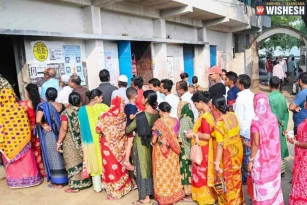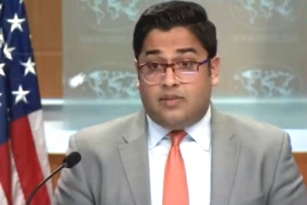
A recent research conducted by global risk analytics company Verisk Maplecroft advises on the threat of a terror attack in almost any urban setting around the world, has put 64 cities across the world at extreme risk of an attack. Baghdad, which has survived 380 terror attacks topped the list, making it the world's highest risk urban centre, followed by Mosul, Al Ramadi, Ba’qubah, Kirkuk and Al Hillah. The research was done, based on the intensity and frequency of attacks that have taken place in these cities in the last 12 months up to March 2015 and is combined with the long-term record of attacks in the previous five years.
According to the analysis of the terror risk to 1,300 commercial hubs and urban centres around the world, populations and businesses in 113 Indian cities are also identified with some risk of high, medium or low risk of facing terrorist attacks. Two Indian cities - Imphal (ranked 32) and Srinagar (ranked 49) are being named as "extreme risk" of a terrorist attack, mainly aiming to cause mass casualty and destroy public transport networks.
The third Indian city that faces a terrorist threat is Chennai, but has been marked as medium risk. Bangalore is the fourth placed at 204th in the global threat list and is followed by Pune and Hyderabad at 206th and 207th respectively. Cities like Nagpur (ranked 210) and Kolkata (212) have been found to face a higher risk of a mass attack by terrorists than the usually expected targets like Delhi (447) and Mumbai (298).
Verisk Maplecroft Charlotte Ingham said, "Just because a city in India hasn't seen a terrorist attack in a while does not mean it isn't potentially facing one. The rankings are based on the frequency and intensity of attacks."
"The risk level in Paris is representative of a wider trend for Western countries, including Belgium, Canada and Australia, where the level of risk in key urban centres is substantially higher than elsewhere in the country, in part due to the significant PR value attached to such high profile targets by militant Islamist groups," the study found.
"It is the risk posed by terrorism in the primary cities of strategic economies, such as Egypt, Israel, Kenya, Nigeria, and Pakistan that has the potential to threaten business and supply chain continuity," principal analyst Charlotte Ingham added, "An estimated 80% of global GDP is generated from these cities."
By Premji

























